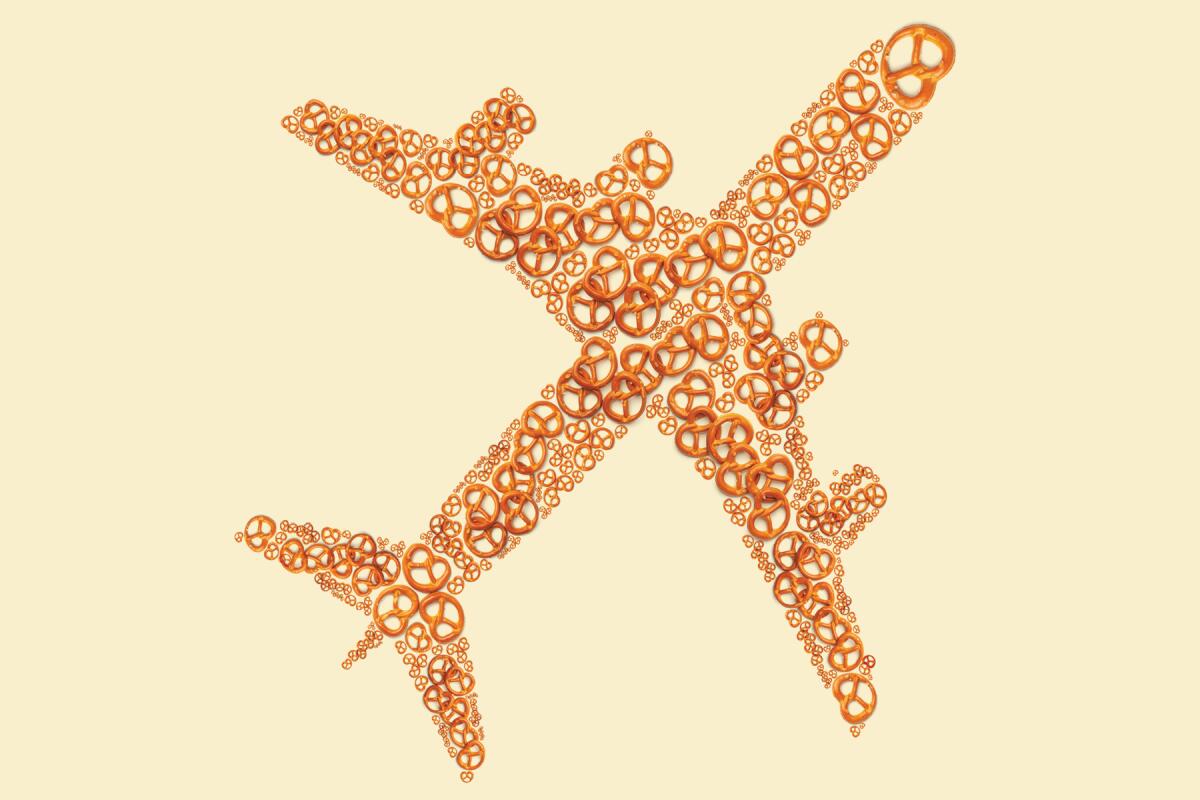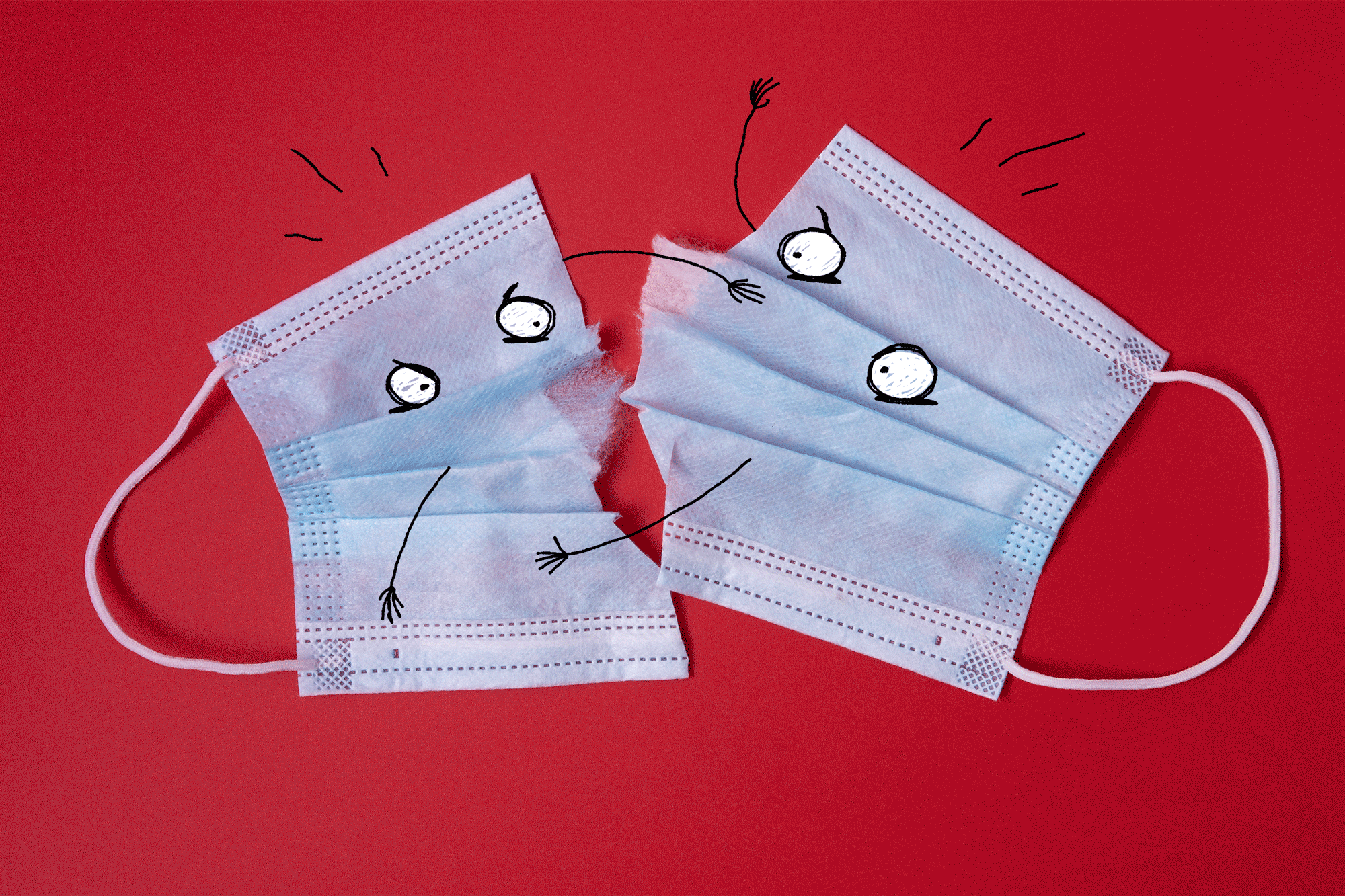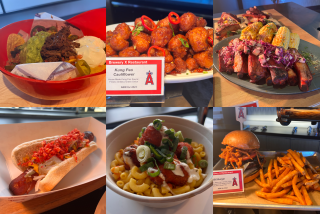You’re flying. You’re hungry. Too bad

)
You’re flying. You’re hungry. You just may be out of luck.
Airlines, which made Scrooge look generous during last decade’s Great Recession, have reverted to their miserly ways, but this time, the culprit is COVID-19.
Concerned about exposing travelers and flight crew to the vitriolic virus, airlines are limiting — and sometimes eliminating — service.
Here’s what various airlines are doing. But before you crush your granola bar in annoyance, we also share some of the unintended consequences the coronavirus has foisted on carriers.
Most of this information pertains to domestic routes because international travel is significantly slimmer than it was this time last year. In fact, many airlines are finding what strength they have in domestic flights. If your airline isn’t listed here, consult its website.
Of note to those who fly economy but might want an alcoholic beverage: That’s probably not happening right now. Many airlines have cut out or curtailed alcoholic beverages. And if you’re thinking of bring your own stash, remember, it would have to be 3.4 ounces or less to get through security. Even if you get it on board, it is against Federal Aviation Administration regulations to drink your own alcohol.
When you’re thinking about snacks to pack to supplement the slim or nonexistent offerings, consider whether your food will pass the sniff test — literally. We’re talking about you, durian and Limburger cheese, among other offenders.
Here’s the new food- and drinkscape on various airlines.
Alaska Airlines
Flights of less than 350 miles (think Oakland-LAX):
All cabins: BYOD&F — bring your own drink and food. Nothing is served.
Flights of more than 350 miles:
Main cabin: Soft drinks, juice, coffee, tea and bottled water
First class: All of the above plus beer, wine and snack boxes.
American Airlines
Flights of less than 900 miles (think slightly beyond Denver):
Main cabin: Beverages (water, canned drinks) by request only; no alcohol or snacks.
First class: You may ask for an alcoholic drink, but not before departure.
Flights of 900 to 2,200 miles (think Orlando, Fla., or Pittsburgh) or less than 4½ hours:
Main cabin: Bottled water, pretzels or Biscoff cookies at boarding; no alcohol or food for purchase.
First, business: No drinks before departure; alcohol on request. Biscoff or pretzels; maybe a fruit and cheese plate
Flights of 4½ hours or longer or more than 2,200 miles; long-haul flights (think Hawaii or New York City):
Main cabin: Water, canned drinks or juice, plus pretzels or Biscoff. No snacks for sale; forget alcohol (except on international flights)
Business, first class: You can get drinks but not before departure. Besides the same offerings you get in the main cabin, you may get a fruit and cheese plate and a meal.
Unintended coronavirus effect: Nuts that once were served to elite fliers are no longer in demand, the Wall Street Journal reported. GreatNuts.com is selling its excess for $12.95 for 1 pound. That’s about 64 cents a pound — 34 cents more per pound than Planters nuts cost on Amazon.
Delta
Flights 350 to 900 miles:
Main cabin: Bottled water. Choice of Cheez-Its or Biscoff.
First: Snack selection and free beer and wine on flights of more than 500 miles (think Salt Lake City).
Flights of more than 900 miles:
Main cabin: Same as above
First class: Snacks and a “flight fuel” box, plus beer and wine
Southwest
Southwest is not known for its food service. During this period of coronavirus, it’s serving snacks and bottled water on flights of more than 250 miles. Only one cabin.
United
Flights of less than an hour:
“Sealed” beverages on all flights; you must request it if the flight is less than an hour.
Flights before 9:45 a.m.
Coffee and tea on domestic and international flights.
Flights longer than two hours, 20 minutes
Main cabin: Snack bag (Stroopwaffel, bag of pretzels) and bottled water
Premium cabins: Snack box (chips, dips, etc.) with bottled water; free alcoholic beverages.
Unintended coronavirus effect: United has donated more than half a million pounds of food from its lounges, clubs and catering kitchens to food banks and charities, a spokesman said.
Singapore Airlines
If it seems odd to include Singapore in this mix, it is. But it’s worth noting that although Singapore is not doing a lot of flying, it is doing a lot with fresh food.
More than a year ago, Singapore Airlines announced that its “aeroponic farm” was producing greens for consumption on its long-haul flights. Aeroponics, unlike the better-known hydroponics, has no growing medium; the crops are grown in vertical racks in a former steel mill about five miles from its catering kitchens serving Newark, N.J.
AeroFarms keeps an eye on light, temperature and nutrients and can produce a crop in less than two weeks. The crops require 95% less water and no pesticides, said Marc Oshima, cofounder and chief marketing officer at AeroFarms.
Although it is not currently providing its crops for Singapore, it is still providing produce to stores. The company was able to “pivot quickly,” Oshima said. It continues to work on developing its product for Singapore but also is offering its products in supermarkets, including Whole Foods.
The company also is providing its fresh foods to organizations serving “food deserts” in New Jersey.
Have a travel question, problem or dilemma? Write to [email protected].
More to Read
Sign up for The Wild
We’ll help you find the best places to hike, bike and run, as well as the perfect silent spots for meditation and yoga.
You may occasionally receive promotional content from the Los Angeles Times.







